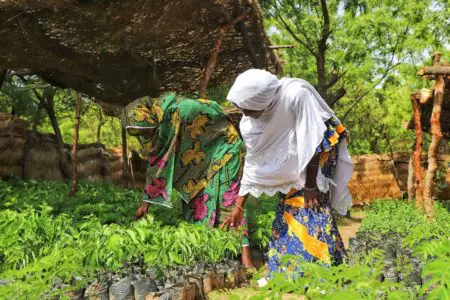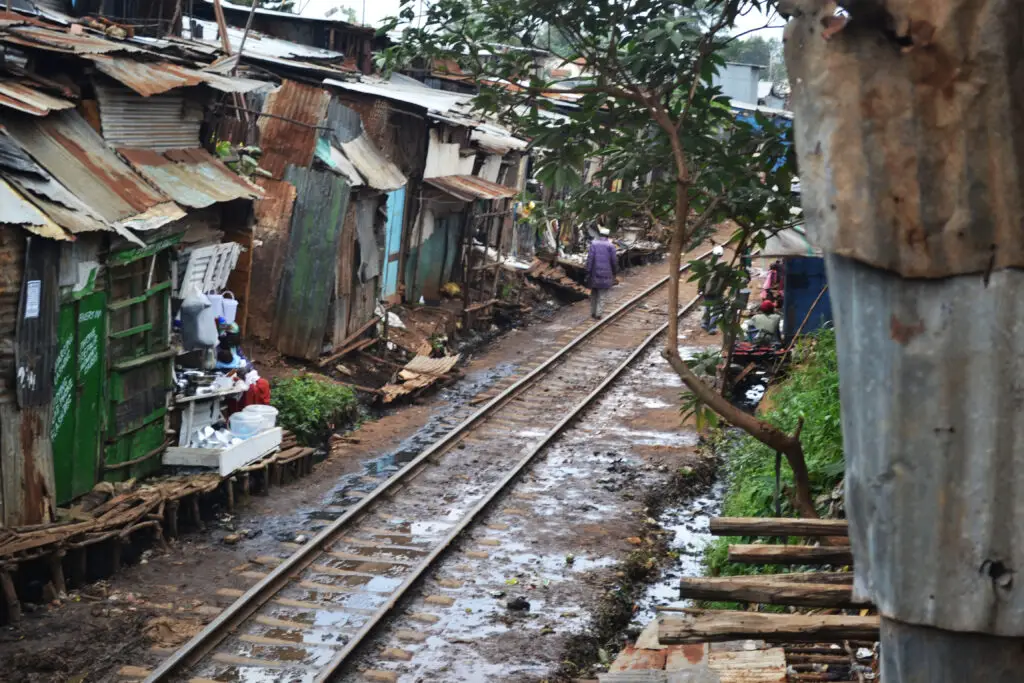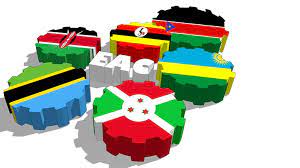Trending
- AmCham Summit kicks off, setting course for robust future of US-East Africa trade ties
- Why the UN is raising the red flag on the UK-Rwanda asylum treaty
- Portugal’s Galp Energia projects 10 billion barrels in Namibia’s new oil find
- Wärtsilä Energy offers tips on how Africa can navigate energy transition and grid reliability
- Powering Africa: Africa’s Path to Universal Electricity Access
- Global investment trends at AIM Congress 2024: a spotlight on the keynote speakers
- South Africa’s deepening investment ties in South Sudan oil industry
- Agribusiness could drive Africa’s economic prosperity








 When the Head of the African Continental Free Trade Area Secretariat told an executive panel in Washington, DC the fact that: ‘Africa is importing too excessively and manufacturing too little…’ what was the expected reaction from the orchestrators of so-called ‘Africa trade support programs’ the likes of the Africa Growth and Opportunity Act (AGOA)?
When the Head of the African Continental Free Trade Area Secretariat told an executive panel in Washington, DC the fact that: ‘Africa is importing too excessively and manufacturing too little…’ what was the expected reaction from the orchestrators of so-called ‘Africa trade support programs’ the likes of the Africa Growth and Opportunity Act (AGOA)?![Africa’s largest bank leads climate change initiative Wind and fossil fuel power generators. Africa is primed for a shift to renewable energy which will provide access to energy to those who are cut off from the system. www.Wind and fossil fuel power generators. Africa is primed for a shift to renewable energy which will provide access to energy to those who are cut off from the system. [Photo/NYT]](https://theexchange.africa/wp-content/uploads/2021/10/Njenga.Hakeenah.Low-carbon.Energy-sources.Africa.Pic1_.jpg)